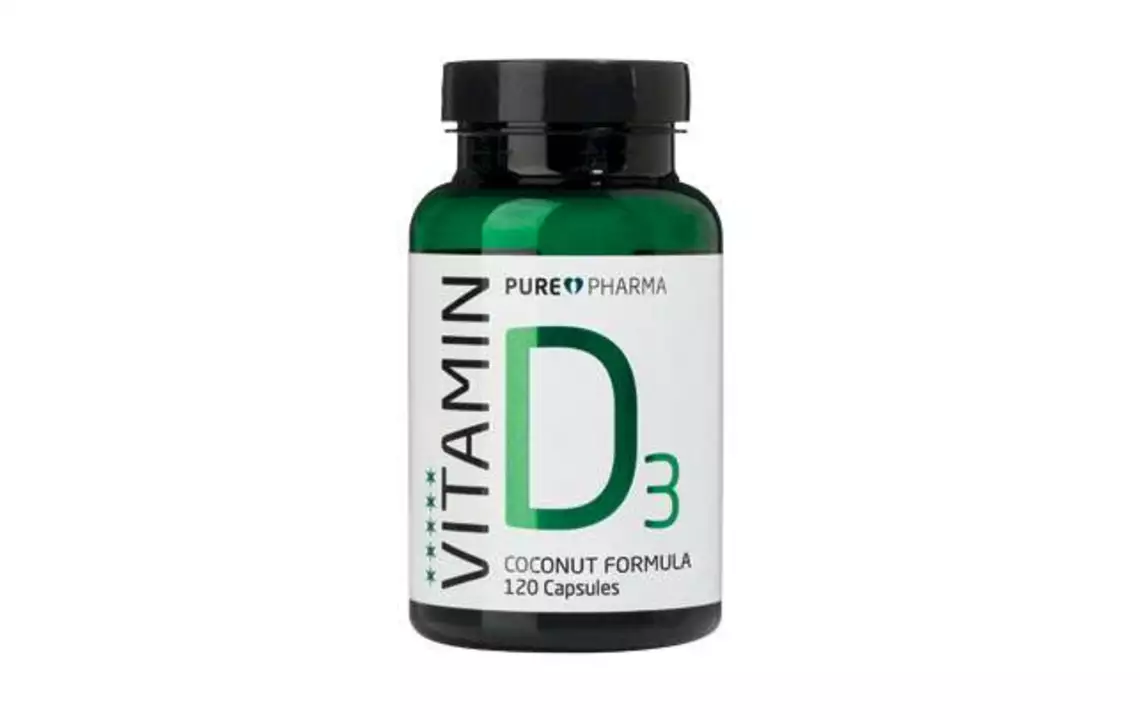Vitamin K: Why It Matters and How to Get It Cheaply
If you’ve ever wondered why doctors talk about vitamin K before surgery, the answer is simple – it helps your blood clot. Without enough of this nutrient, bruises take longer to heal and bone density can suffer. The good news? You don’t need a pricey supplement to keep levels healthy; everyday foods can cover most needs.
Top Food Sources of Vitamin K
Leafy greens are the MVPs. A cup of raw kale or spinach gives more than the daily recommended amount. Other green veggies like broccoli, Brussels sprouts, and cabbage also pack a punch. If you prefer something less leafy, try avocado, kiwi, or fermented foods such as natto – a Japanese soybean dish that’s especially high in vitamin K2.
Cooking can change how much vitamin K you absorb. Lightly steaming keeps the nutrient intact, while boiling for a long time may leach it into the water. So, stir‑fry or eat raw salads when you can; they’re both tasty and efficient ways to boost your intake.
Choosing an Affordable Vitamin K Supplement
When diet alone isn’t enough – say you’re on a blood thinner or have limited food options – a supplement becomes handy. Look for products that list either vitamin K1 (phylloquinone) or K2 (menaquinone) clearly on the label. K2 is linked to better bone health, but K1 still supports clotting.
Price matters at CheapoMeds.com. Compare per‑tablet cost and check for third‑party testing – it guarantees you’re not paying for filler. Many reputable brands sell 100‑tablet bottles for under $10, which works out to just a few cents per dose.
Dosage is another key point. Most adults need about 90‑120 µg daily. Supplements often come in 50 µg or 100 µg tablets, so you can match the recommendation without overdoing it. If you’re on anticoagulant medication, talk to your doctor before adding any vitamin K.
Saving money doesn’t mean cutting corners. Use CheapoMeds.com’s filter tools to find certified online pharmacies, read user reviews, and verify that the seller ships to your country. Shipping fees can add up, so pick a store with free or low‑cost delivery for a better total price.
Bottom line: you can keep your blood clotting right and your bones strong without breaking the bank. Load up on leafy greens, consider an inexpensive supplement if needed, and always double‑check quality. Your health won’t wait, but smart shopping certainly can help you stay ahead.

Unlock the Full Potential of Vitamin K: The Ultimate Dietary Supplement Guide
In my latest blog post, I have explored the incredible benefits of Vitamin K and how it can truly unlock our full potential. The post serves as an ultimate dietary supplement guide, outlining the various sources, benefits, and the right dosages to incorporate Vitamin K into our daily lives. We delve into its crucial role in blood clotting, bone health, and heart health. Additionally, we discuss the two main types of Vitamin K, K1 and K2, and the significance of each. Don't miss out on this essential guide to make the most of Vitamin K!
